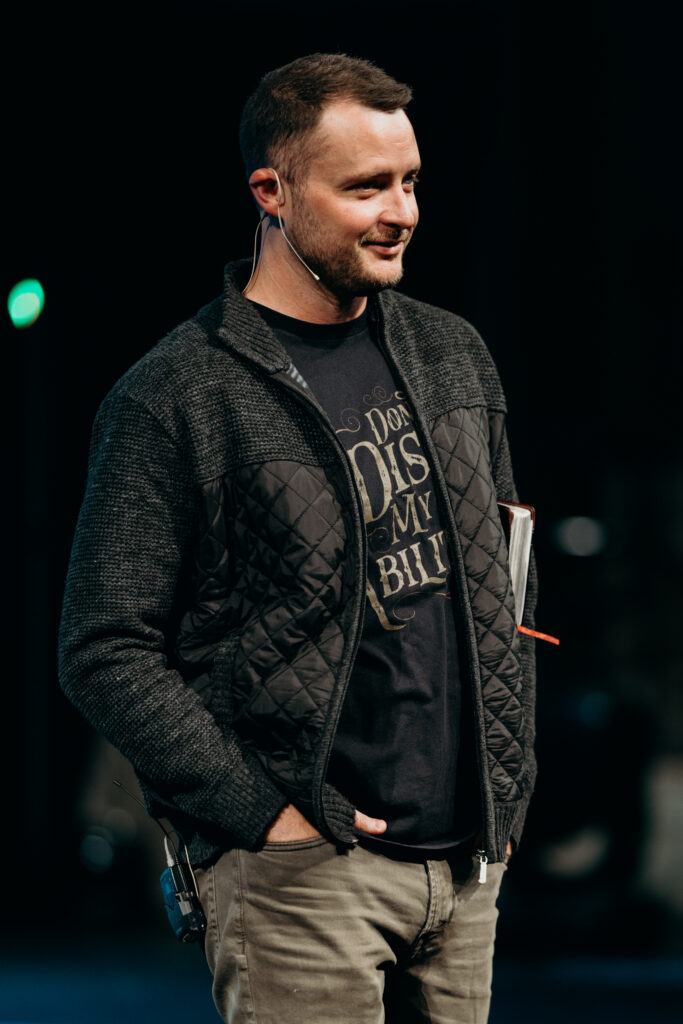Does it sound weird to you that a coffee from Starbucks can do more to impact a student than your latest, greatest idea for a youth ministry program? Maybe you’ve never thought about it, but it’s true.
There is a really good mini-article in this month’s Group Magazine called The Relational Economy that simply sums up a truth that many of us overlook or lose sight of: a relational investment in a student’s life will have 10x the impact of your best program (Tweet this). This column, written by Ned Erickson, puts it this way:
• A round of Frisbee golf = a month of meetings
• A day hike, camping trip, or weekend retreat = a semester of meetings
• A week-long camp or mission trip = a year of meetings
The idea is that spending time with a student off-campus, on their turf, away from programs and planned events will exponentially increase your impact.
I give every one of our student ministry volunteers at FCC a Student Ministry Playbook which is our volunteer manual for student ministry team members. One of the sections in it suggests some simple, inexpensive ways they can invest relationally in our students*. Here are 10 of my favorites:
- Take a student out for coffee or soda.
- Go to a sporting event or play the student is participating in. (It’s also a great idea to get some other students from your ministry together and go as a group to support the students who are participating.)
- Invite them over to dinner with your family or some of their friends.
- Play mini-golf.
- Take them with you as you run errands.
- Do a service project together.
- Play video games.
- Take them to wing night.
- Go rock climbing, hiking, skiing, snowboarding, etc.
- Throw a frisbee at a park or school.
These are low cost, low effort, high impact and high return ideas that can easily transform your relationship with students and your entire student ministry culture.
* – One of our requirements and expectations for all volunteers is that they use discretion. A male volunteer should never be alone with a female student under any circumstances. Same goes for a female volunteer/male student. I often advise that one-on-one time even with a volunteer/student of the same gender should be avoided if possible…at the very least, hang out where other people are around. It’s our desire for our entire team to always be “above reproach.”
What ideas have you tried that you would recommend to our team? Share what has worked for you in your context to maximize your impact in the economy of student ministry.


